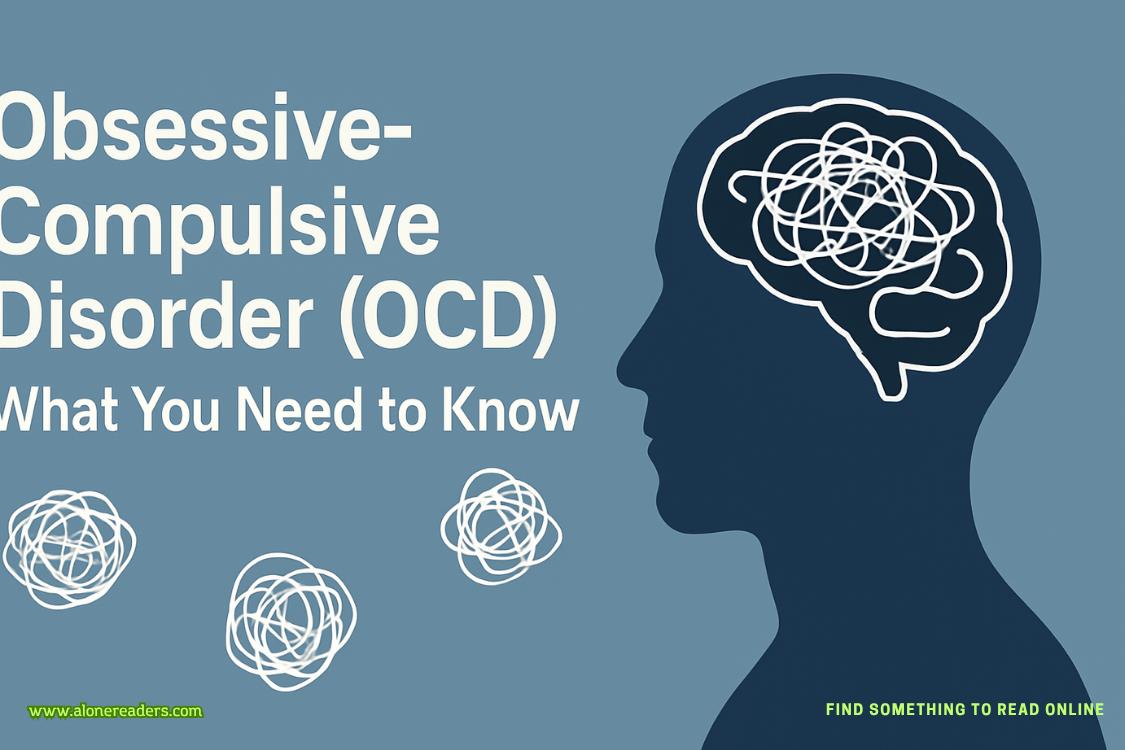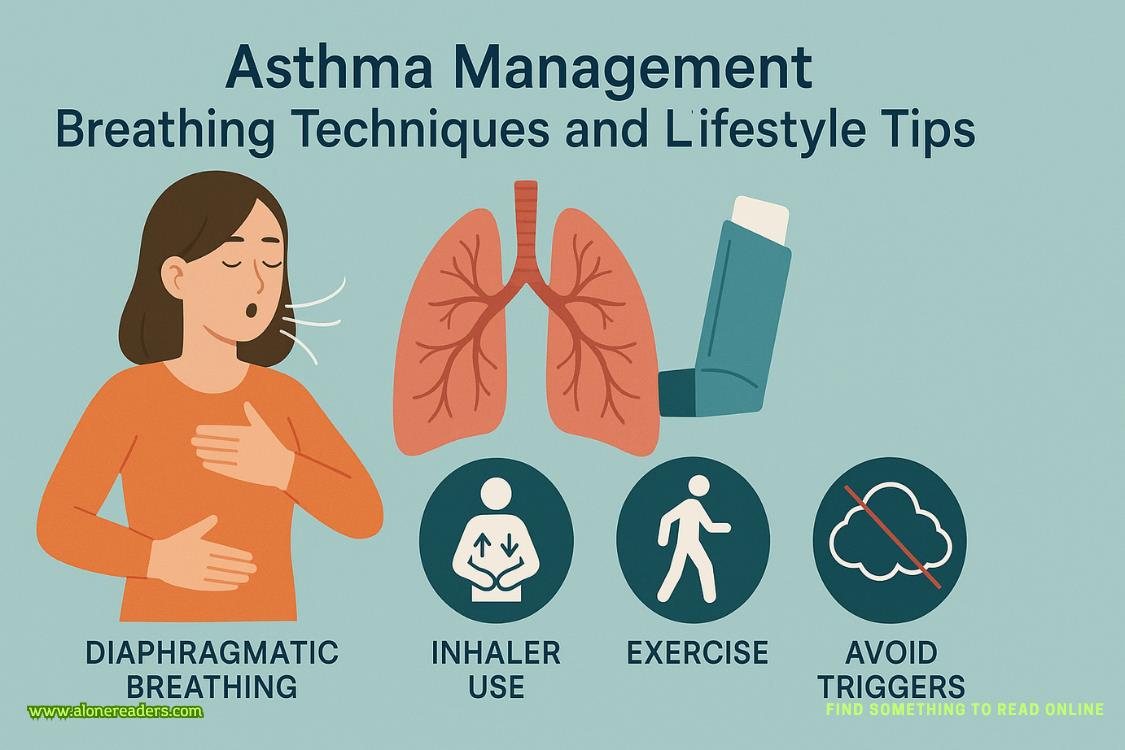I paused, one hand gripping the edge of the kennel door. The air between us shifted—something less combative and more exposed.
“You’re not useless,” I muttered. “Just… irritating.”
A slow smile spread across his face. “I can live with that.”
I blew out a breath, exasperated. “This isn’t working.”
“What isn’t?”
“This. You, trailing me.”
Me trying to pretend I’m not aware of every move you make.
“We’re just… arguing in circles and getting nothing done.”
He looked at me, his expression unreadable. “Okay. So what now?”
I tossed the rag I’d been using into the bucket with a wet slap. “Now we sit down. Before we destroy the barn and each other.”
He blinked. “You want to talk?”
“No,” I said, brushing straw from my hoodie. “But I think we need to.”
We sat on an overturned crate and a bag of feed, both of us still catching our breath, as if the fight had been physical instead of just emotional.
Colton ran a hand through his hair and looked around. A dog barked once from the far side of the barn, then again, moreurgently. Colton stood, strode over, and came back with one of our newest rescues—a wiry little terrier mix with anxiety issues and eyes too big for his head.
He scooped him up like a baby. The dog melted against his chest, going boneless with trust. It was ridiculous. And, okay, a little bit heart-melting.
“You really have a way with them,” I said before I could stop myself.
He shrugged. “Dogs are easy. People... not so much.”
I nodded. “You know, I used to think you didn’t care what anyone thought. But lately, I think maybe you care too much. About all the wrong things, unfortunately.”
He looked down at the dog, rubbing behind its ears. “With my dad, it was always about the highlight reel. What people saw. It didn’t matter what was going on underneath as long as you looked like a success from the outside.”
The dog’s eyes fluttered shut. “So, you learned fast—never show weakness, never say you’re working on anything. Because once you do, they treat you like you're broken. And broken things get sidelined.”
I waited, sensing there was more. The barn had gone still, just the soft rustle of hay and the occasional sigh from one of the dogs.
Eventually, Colton continued, “I didn’t choose hockey. I was just a kid who liked to skate fast and hit things. But I was good at it—too good. My dad saw an angle. Sponsorships, deals, press. He turned every win into a handshake or a headline. He used my wins as leverage—every goal, every headline, every handshake. It was never about what I wanted. It was what he could get out of it, and I let him.”
“Because you wanted him to be proud?”
He shook his head slowly. “No. Because I didn’t know I had a choice.”
I leaned forward, elbows on my knees. “You do now. But you keep acting like you don’t. Like you’re still trapped in the same game.”
He looked up at me, eyes sharp and quiet. “Maybe I am. Or maybe I’m just scared that if I stop doing what everyone expects, I won’t know how to be anything else.”
"But Colton, if you keep acting like that guy’s the only version of you, you’ll never get out from under him."
Colton glanced down at the dog, his voice quieter now.
“You know that text to Ryan… the one you coached me through?”
I nodded slowly.















